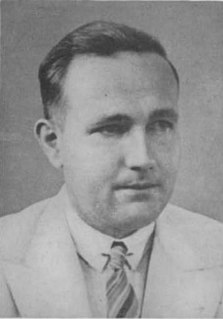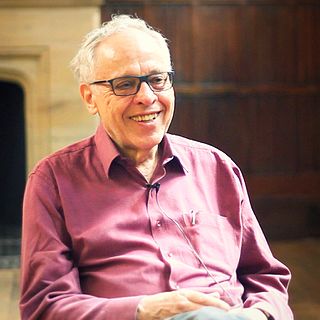A Quote by Pierre Teilhard de Chardin
Man can be understood only by ascending from physics, chemistry, biology, and geology. In other words, he is first of all a cosmic problem.
Related Quotes
I took biology in high school and didn't like it at all. It was focused on memorization. ... I didn't appreciate that biology also had principles and logic ... [rather than dealing with a] messy thing called life. It just wasn't organized, and I wanted to stick with the nice pristine sciences of chemistry and physics, where everything made sense. I wish I had learned sooner that biology could be fun as well.
We know from astronomy that the universe had a beginning, from physics that the future is both open and unpredictable, from geology and paleontology that the whole of life has been a process of change and transformation. From biology we know that our tissues are not impenetrable reservoirs of vital magic, but a stunning matrix of complex wonders, ultimately explicable in terms of biochemistry and molecular biology. With such knowledge we can see, perhaps for the first time, why a Creator would have allowed our species to be fashioned by the process of evolution.









































